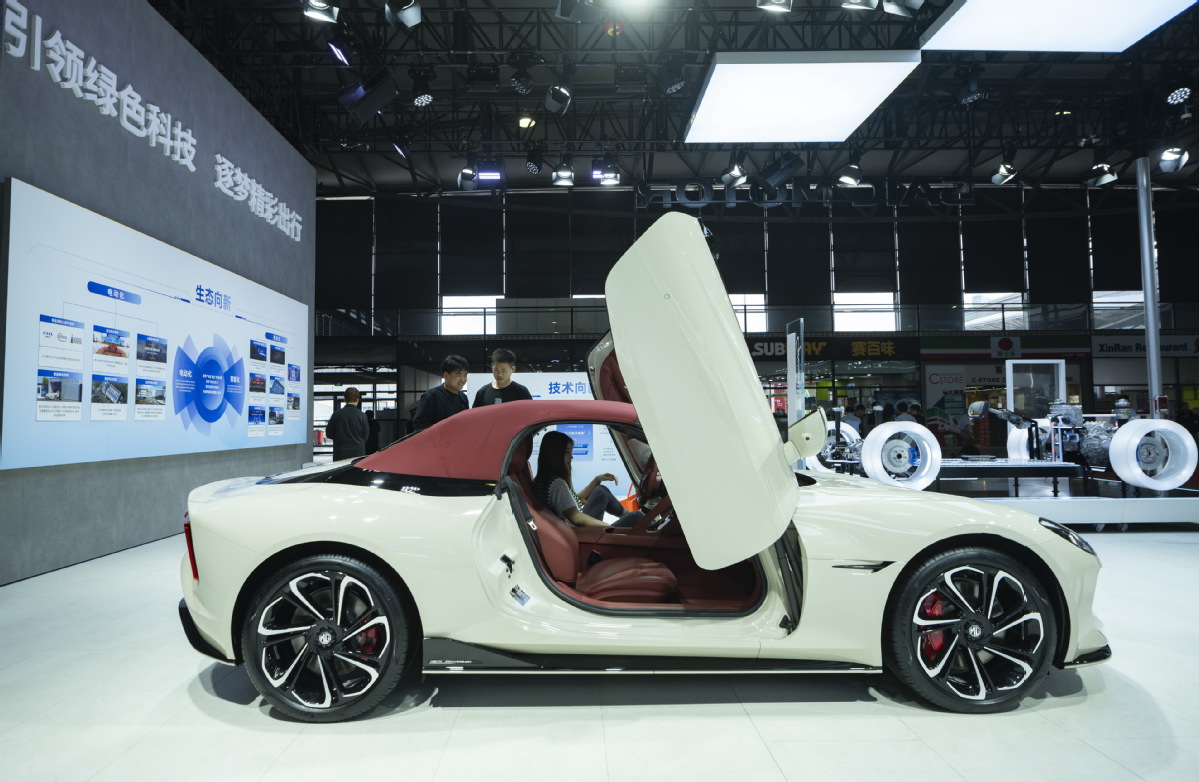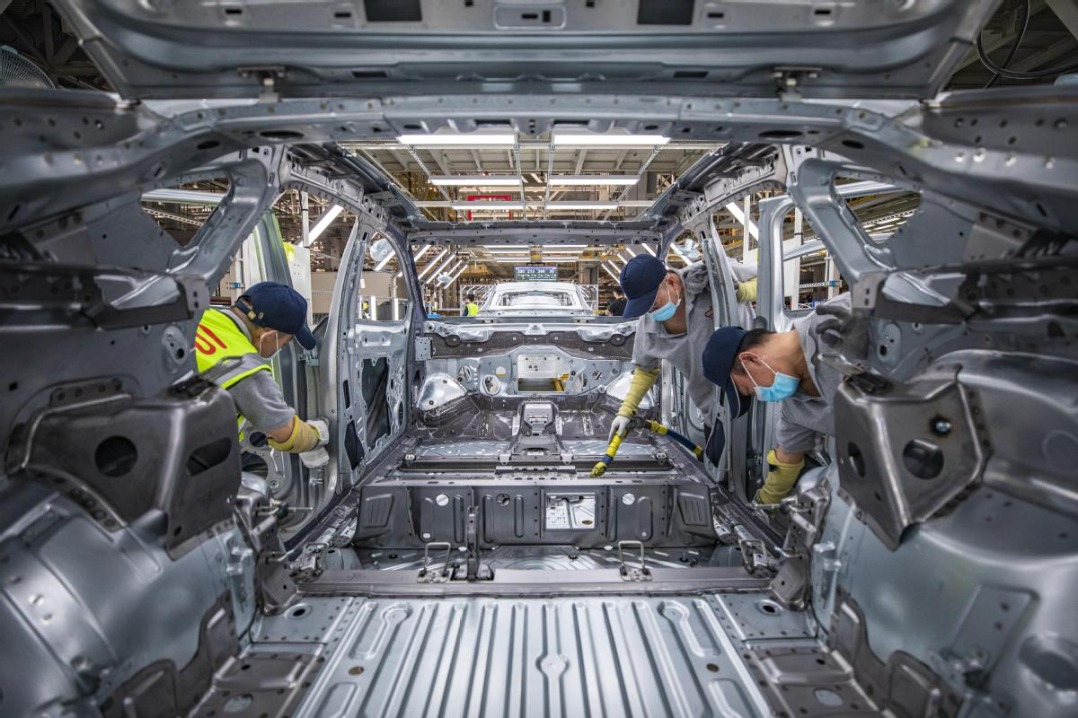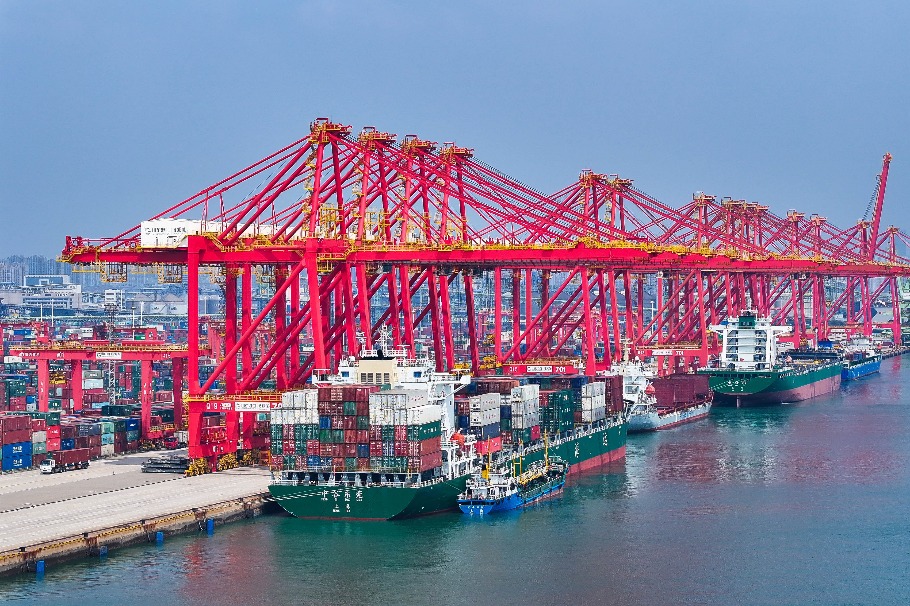China remains key to global auto industry
Experts: EU's tariffs on Chinese EVs can't be allowed to escalate trade row


Despite the European Union's imposition of provisional import tariffs on Chinese electric vehicles from Friday, China's robust market and manufacturing capabilities remain pivotal for the world's green transition and the strategies of international automakers, analysts and business leaders said.
With multiple rounds of consultations held at the technical level between China and the EU, and a four-month window remaining before arbitration, advancing talks can help Beijing and Brussels to reach a mutually acceptable solution, they said.
On Thursday, the European Commission, representing the interests of the EU, confirmed that provisional tariffs of up to 37.6 percent will be imposed on Chinese EVs from Friday. The tariffs will remain in place until a final decision is taken in early November. If adopted, this decision could make the duties definitive for five years.
The German Association of the Automotive Industry said in a statement on Wednesday the tariffs will likely lead to countermeasures and retaliatory measures, and carry a real risk of escalating the trade conflict with China.
In a separate statement, Oliver Zipse, board chairman of BMW AG, described the tariffs as a "dead end", arguing they would harm global companies, slow decarbonization by limiting the supply of EVs to Europe, and do nothing to strengthen European manufacturers' competitiveness.
Even though both sides have entered a negotiation phase, the EU's latest move was expected and it would not change in the short term, said Ji Xuehong, a professor at the School of Economics and Management at the Beijing-based North China University of Technology.
"Following the imposition of temporary tariffs and their implementation, both sides will move into the next round of negotiations and China will hold talks with relevant EU member states to reach a consensus," said Ji, adding the goal of these discussions is to prevent escalation of tensions.
Even with the imposition of provisional tariffs, Chinese EV manufacturers still have advantages in technology, efficiency and emissions reduction. It is difficult for the EU to keep them out of its markets, said Chen Bin, deputy director of the expert committee at the Beijing-based China Machinery Industry Federation.
China's EV industry will continue to support global efforts to reduce carbon emissions, while also creating market and collaborative opportunities for international stakeholders, said Chen.
At a weekly news conference in Beijing on Thursday, He Yadong, a spokesman for the Ministry of Commerce, expressed hope that the EU would attentively listen to these concerns, engage in rational and pragmatic consultations with China, and promote the shared development of the automotive industries on both sides.
In another development, the Ministry of Commerce announced on Friday that it will hold an anti-dumping hearing on EU brandy imports in Beijing on July 18.
This follows the ministry's decision to launch an anti-dumping investigation into brandy imported from the EU in January, based on a request from the China Alcoholic Drinks Association on behalf of the domestic industry.
China-EU trade declined 1.3 percent year-on-year to 2.23 trillion yuan ($307 billion) in the first five months, statistics from the General Administration of Customs showed.




































